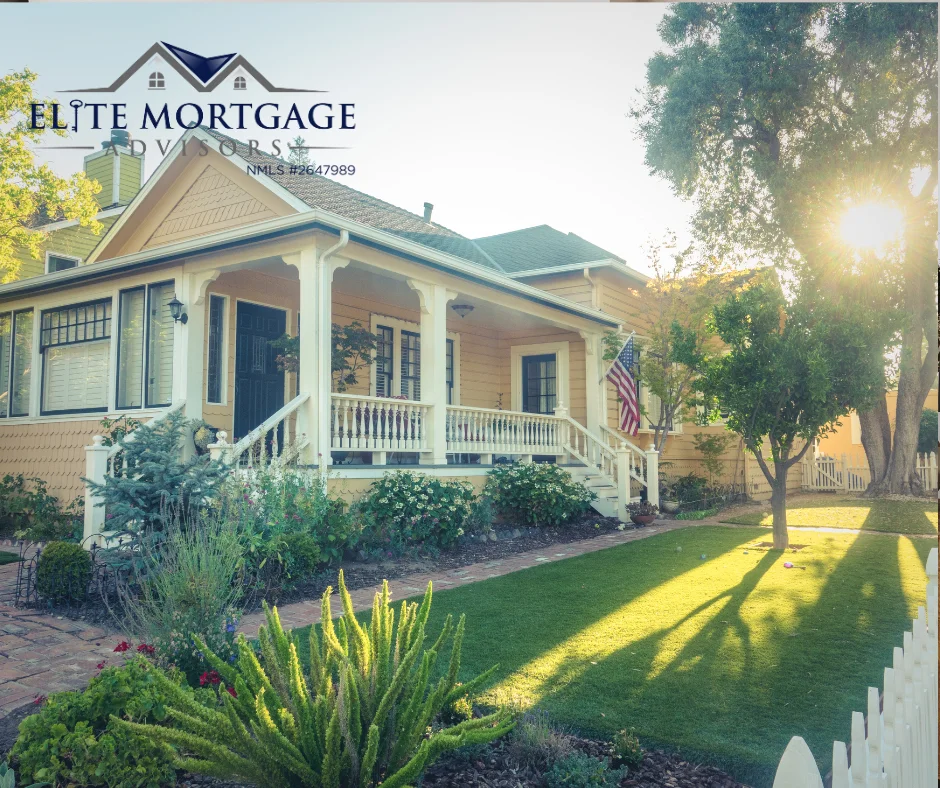Buy or Rent: Navigating Your Path to Smart Homeownership Choices
Are you torn between buying or renting? Discover insights that can help you make the right choice for your future and overcome common challenges in homeownership.

Making the decision to buy or rent a home is one of the most important choices many of us will make. It’s a journey filled with excitement, but it can also come with some uncertainty. To help you navigate this path, let’s explore the benefits and drawbacks of both renting and buying, along with some tips and insights that can help you make a smart choice tailored to your personal needs.
First, let’s talk about renting. Renting offers flexibility. It’s a great option for those who might not be ready for the commitment that homeownership brings. If you enjoy moving around or have a job that requires you to relocate often, renting can be an excellent way to avoid the hassle of selling a home. Additionally, renters are generally not responsible for maintenance costs. If a pipe bursts or the heating system fails, it’s usually the landlord’s responsibility to fix these issues, allowing you to enjoy the comforts of a home without the added stress of upkeep.
Moreover, renting can be a wise choice for those just starting out, allowing you to save money and build your credit score while you explore the housing market. It gives you the chance to experience different neighborhoods and find out where you’d like to settle down in the future. You might discover that a particular area feels like home, or you might decide on a location that suits your lifestyle perfectly.
However, renting does have its downsides. Monthly rent payments can often be just as high, if not higher, than mortgage payments. When you rent, your money goes to the landlord, and you don’t build any equity. This means that while you’re paying for your living space, you’re not investing in a property that could grow in value over time. Additionally, renters may face rent increases, and you often have limited control over the space itself—making it harder to personalize your living environment.
Now, let’s turn to buying a home. Owning a home can be a rewarding experience that provides stability and a sense of belonging. When you buy, your monthly payments contribute to building equity, which can be a significant financial benefit in the long run. This equity can lead to wealth accumulation, allowing homeowners to leverage their property for future investments or to secure loans.
Buying a home also allows for creative control. You can customize your space to fit your personal style and needs, whether you want to paint the walls, renovate the kitchen, or create a backyard oasis. As a homeowner, you have the freedom to make decisions that truly reflect your lifestyle and preferences.
Moreover, there are tax advantages to homeownership that can help reduce your overall costs. Many homeowners can deduct mortgage interest and property taxes from their income tax, which can lead to significant savings. Plus, homeownership often provides a sense of stability, as you are not subject to the whims of a landlord or the possibility of having to move at the end of a lease.
However, it’s important to remember that homeownership comes with responsibilities. Homeowners are responsible for all maintenance and repairs, which can add up quickly. Additionally, the upfront costs of purchasing a home can be substantial, including down payments, closing costs, and moving expenses. There may also be ongoing expenses, such as property taxes and homeowner’s insurance, that you’ll need to budget for.
As you weigh your options, consider your current situation. Are you in a stable job? Do you plan on staying in the same area for a few years? These factors can significantly influence whether buying or renting is the right choice for you. If you’re not sure, it might be helpful to create a pros and cons list to clarify your thoughts. Reflect on your lifestyle, your financial situation, and your long-term goals.
If you’re leaning toward buying, it’s essential to assess your financial readiness. Take a close look at your savings, credit score, and overall budget. Having a good understanding of your finances will empower you when you begin the home buying process. If you’re unsure about your financial health or how much you can afford, feel free to reach out. Our mortgage loan officers are equipped with the knowledge to guide you through the financial aspects of purchasing a home.
On the other hand, if you’re considering renting, think about your lifestyle and what you want in a living space. Are you okay with smaller spaces, or do you need more room? How important is location to you? Understanding your wants and needs can help you make an informed choice when searching for a rental property.
Another factor to consider is market conditions. While we won’t dive into specifics, the housing market can fluctuate, and these changes can impact both buying and renting options. Researching the market trends in your desired area can give you insight into whether it’s a good time to buy or if renting might be more favorable.
Lastly, don’t hesitate to seek guidance. Each journey to homeownership is unique, and having a knowledgeable professional by your side can make a world of difference. Whether you’re looking to buy or rent, discussing your specific needs with a mortgage loan officer can help you navigate your options and feel confident in your decision.
Remember, this is a significant choice, and taking the time to evaluate your circumstances will pay off. If you’re ready to take the next step or if you have questions about your specific situation, we encourage you to reach out to us. Our team is here to support you in making the best decision for your future. Your dream home or ideal rental is just around the corner!